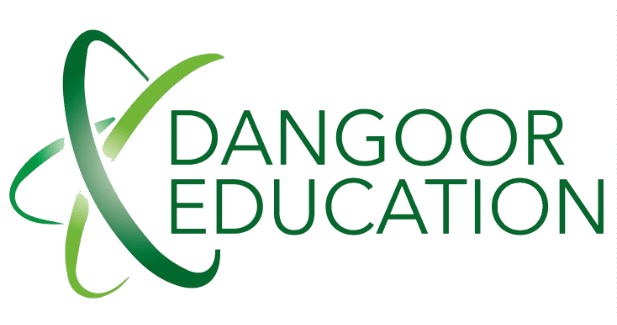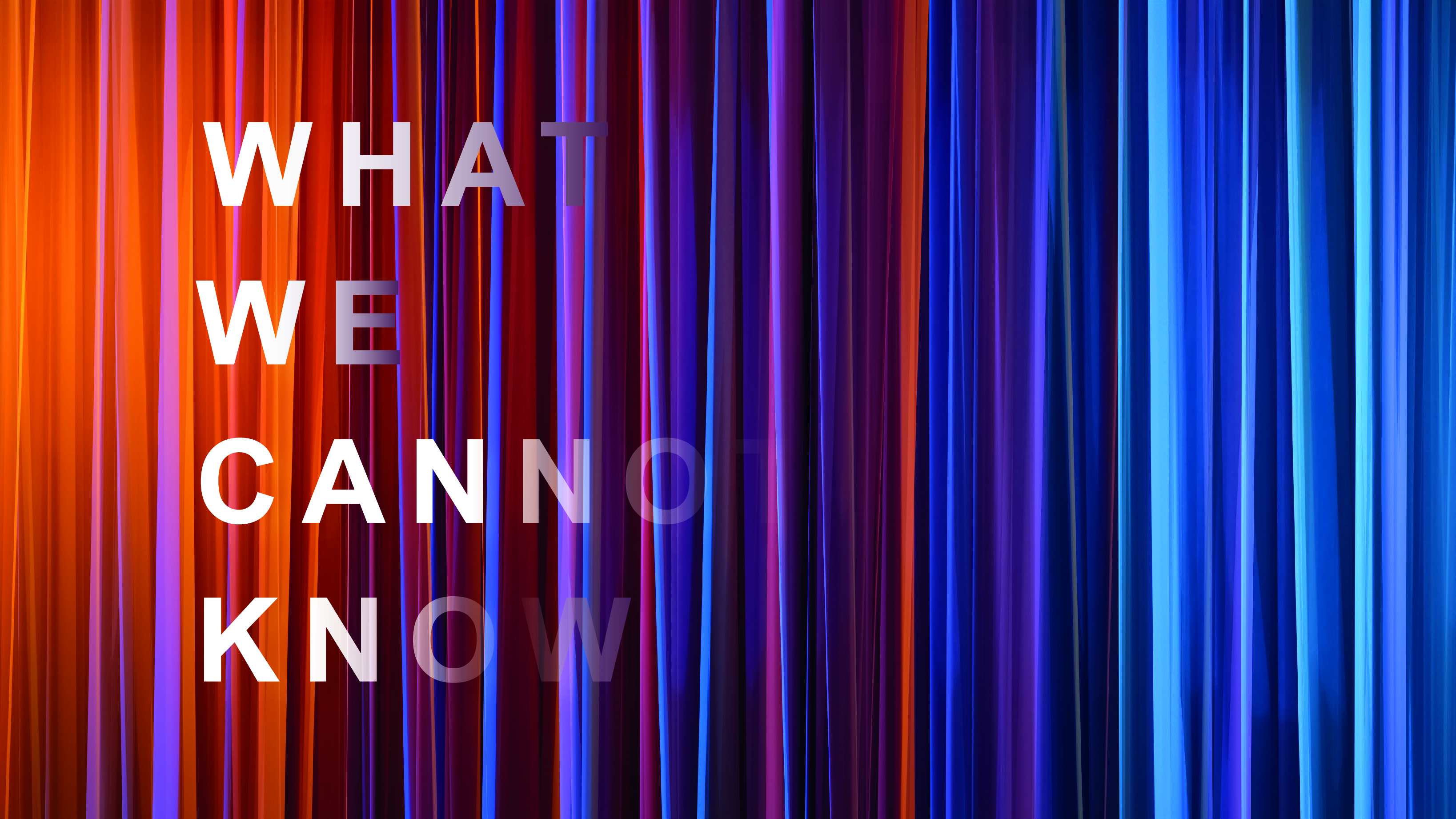Is the universe infinite? Do we know what happened before the Big Bang? Where is human consciousness located in the brain? And are there more undiscovered particles out there, beyond the Higgs boson? In the modern world, science is king: weekly headlines proclaim the latest scientific breakthroughs and numerous mathematical problems, once indecipherable, have now been solved. But are there limits to what we can discover about our physical universe?
This free course, Understanding science: what we cannot know, investigates the boundaries of our understanding across numerous scientific fields. It asks whether it’s possible that we will one day know everything, or if some knowledge will always lie beyond the bounds of human comprehension.
This course has been created in collaboration with Marcus du Sautoy, Simonyi Professor for the Public Understanding of Science and author of What We Cannot Know. Here’s Marcus to introduce the course.

Once you are signed in, you can manage your digital badges online from My OpenLearn. In addition, you can download and print your OpenLearn statement of participation – which also displays your Open University badge.
The Open University would really appreciate a few minutes of your time to tell us about yourself and your expectations for the course before you begin, in our start-of-course survey. Once you complete the course we would also value your feedback and suggestions for future improvement, in our end-of-course survey. Participation will be completely confidential and we will not pass on your details to others.
This course is accredited by the CPD Standards Office. It can be used to provide evidence of continuing professional development and on successful completion of the course you will be awarded 24 CPD points. Evidence of your CPD achievement is provided on the free Statement of Participation awarded on completion.
Anyone wishing to provide evidence of their enrolment on this course is able to do so by sharing their Activity Record on their OpenLearn Profile, which is available before completion of the course and earning of the Statement of Participation.
Earn this free Open University digital badge if you complete this course! The badge can be displayed, shared and downloaded as a marker of your achievement. The badge is awarded for completing the course and passing the quizzes.
Course learning outcomes
After studying this course, you should be able to:
- understand current knowledge in a diverse range of scientific fields
- describe some events in the history of scientific discovery
- outline where scientific investigation might lead us next and what might be discovered
- describe some potential limitations of human understanding.
First Published: 19/12/2022
Updated: 19/12/2022
